Cultivating, building, and sustaining relationships is not guaranteed in all learning environments; however, just as we help students develop cooperative and communication skills, we can adopt and hone collaborative practices that will enhance our personal and professional lives and those of our colleagues. Here are some simple but inclusive strategies for establishing relationships around campus:
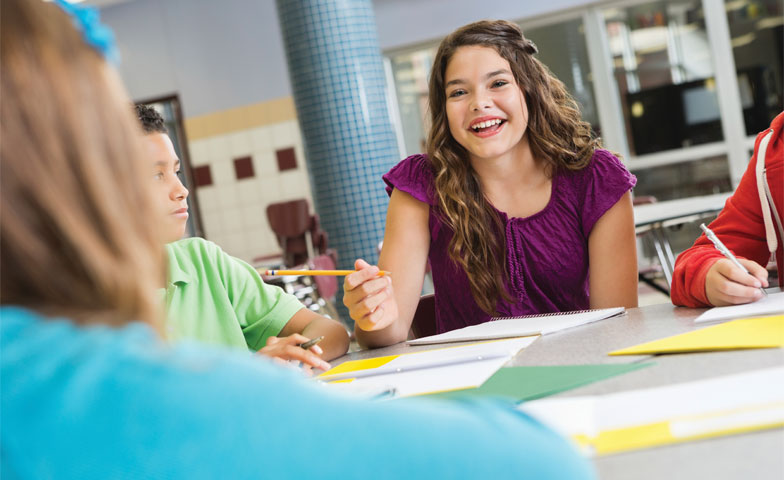
Colleges and employers emphasize the importance of core skills. Standards writers, curriculum designers, and classroom teachers have spent the past several years clamoring to find ways to revitalize curriculum and instruction and increase rigor in ways that prepare students for life after school. We all agree that students need an education that prepares them for
Read More… from Soft Skills: Preparing Kids for Life After School
0
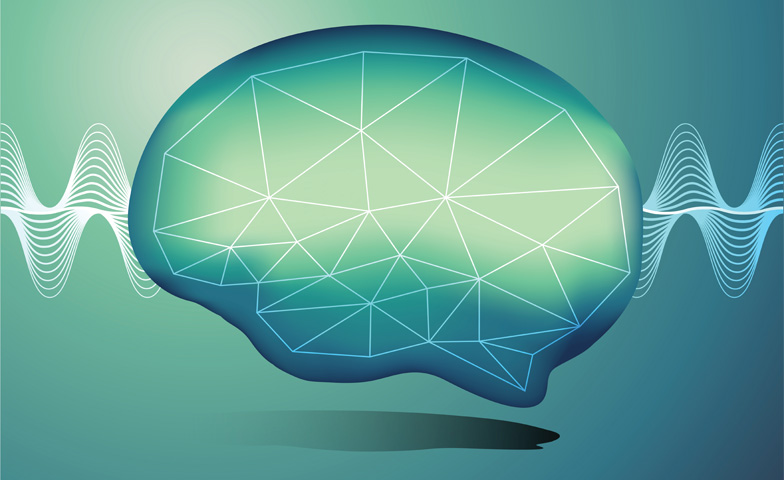
An old-fashioned radio broadcast encourages deeper reading. Connections between students, connections between texts and students, and connections between texts and the real world are vital to student learning. In classrooms, one way to make connections is by linking people, ideas, behaviors, and activities through projects. My first experience teaching in a classroom was when I
Read More… from Necessary Noise: The Importance of Collaborative Learning
0

Speed date a book? Let students give it a try! Although it’s been said that all learning should come from the teacher, sometimes it’s the students who do the teaching. In my second year of teaching, Chad, an eighth grade student, taught me my first lesson. Under a district mandatory reading program, all students, regardless
Read More… from Ignite the Reading Spark in Young Adolescents
0
The best leaders learn as much as they can about those who are different than they are. The more we experience different countries, cultures, languages, religions, and people, the broader our world view becomes and the less narrow-minded our thinking is. The most fulfilling way to broaden our horizons is through international travel—which feels like
0
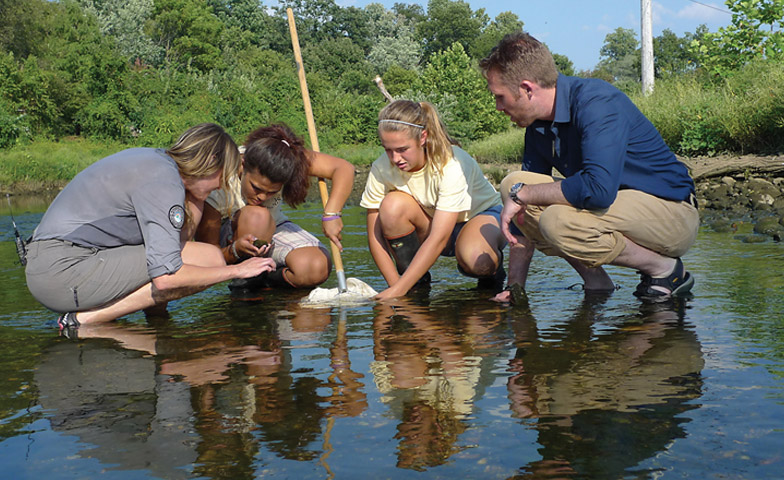
Integrating service-learning with the study of science inspires students to explore. Real-world learning transforms passive observation into well-planned, deliberate action. By studying the environment, students identify connections that inspire questions: What issues affect our environment today? How can collective actions change trends caused by everyday habits? How can classroom learning transfer to real world situations?
0
Trending Topics
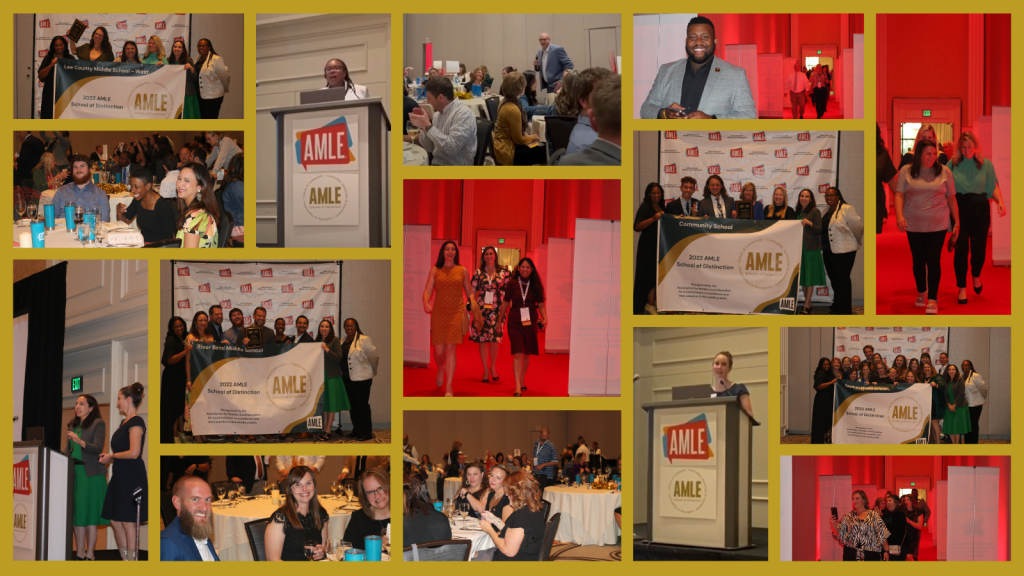
Read More... from AMLE Celebrates Inaugural Schools of Distinction
0
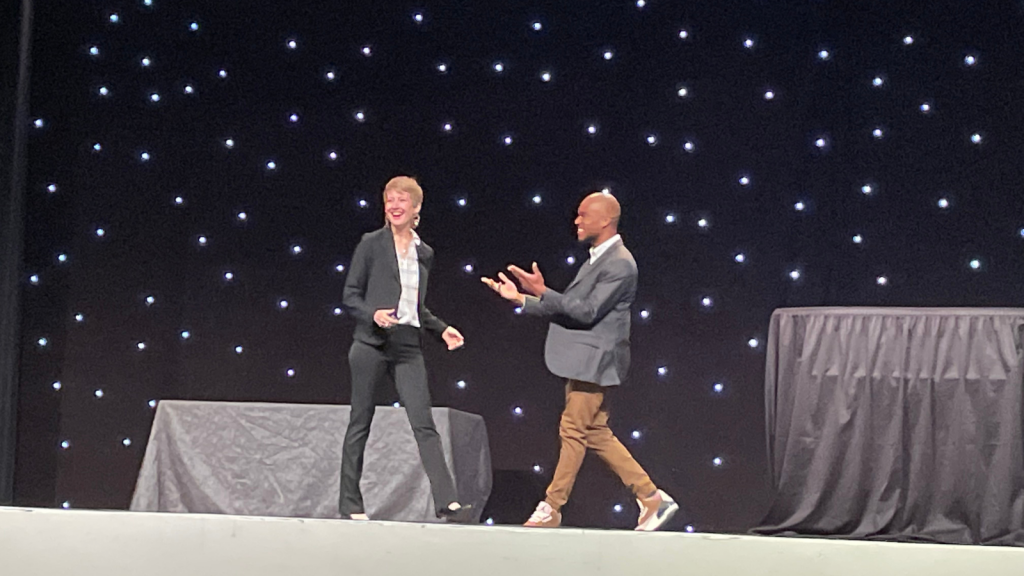
Read More... from Reimagining School – What should it look like and who is it for?
7
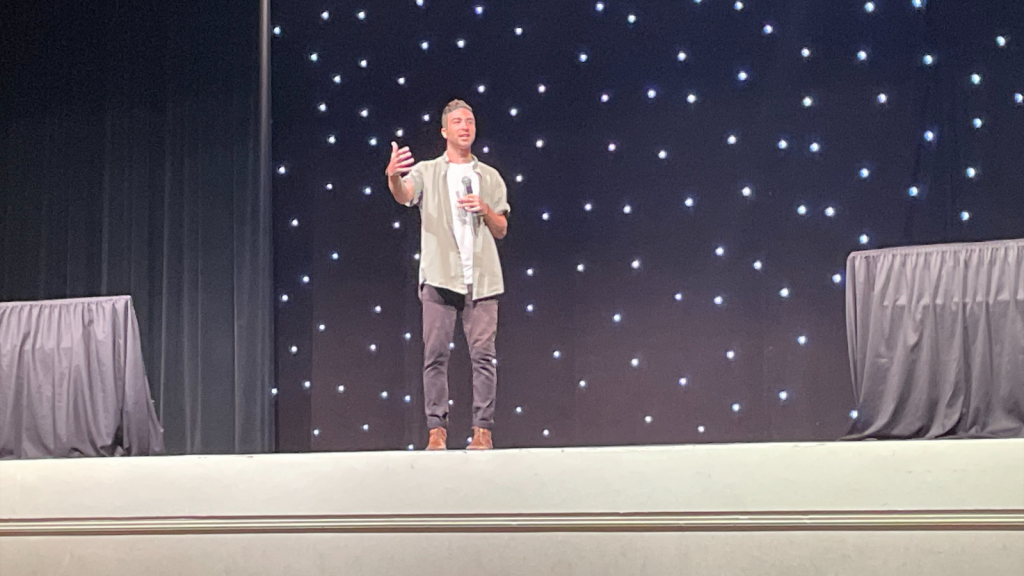
11
0